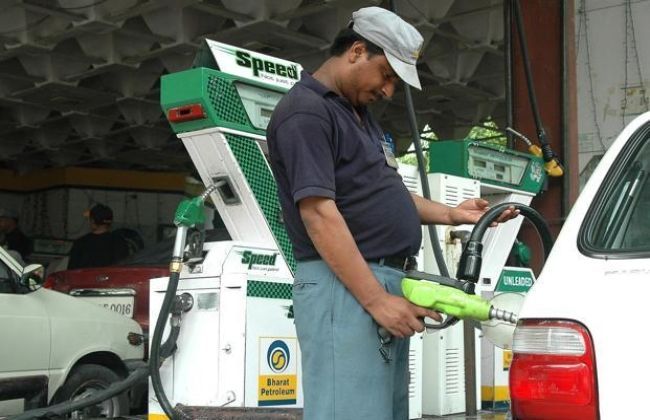Much of Africa's population is being choked by deadly fuels that are banned in Europe and the United States, a report said, as international trading firms sell high-sulphur fuels illegal elsewhere to nations on the continent.
Swiss-base policy lobby group Public Eye said low fuel quality standards across Africa that allow on average 200 times the sulphur content of Europe's fuels enable trading houses and retailers to sell dirty-but-cheaper fuels that will "jeopardize the health of millions of people.""Swiss traders and others maximize profits by taking advantage of weak regulations to produce and sell harmful fuels," the report said. "This form of regulatory arbitrage ignores the serious risks to public health."
The report called on Swiss firms Trafigura and Addax & Oryx as well as Vitol, the world's largest trading firm, to only sell fuel that meets higher regulatory standards.
The group described the issue as a "ticking time bomb" as conurbations develop across Africa and populations boom in cities such as Nigeria's Lagos and Ghana's Accra.
Vitol said it complied with all government regulations, and could not control by itself the quality of fuel sold at the pump. The others named did not immediately respond to requests for comment.
Kenya, Tanzania, Uganda and Morocco have increased fuel quality requirements.
But the African Refining Association, a non-profit group that represents the continent's downstream sector, said that changing the actions of the trading houses alone would not fix the problem.
"If Swiss traders followed the report recommendation today their role would be filled by (possibly less reputable) traders from other nations," the ARA said.
"The role of improving fuel quality in Africa clearly rests with African governments, not with the fuel suppliers."
The ARA said it had been pressing governments in tandem with the United Nations Environment Programme.
But higher quality means higher costs, and with many countries facing severe shortages in public finances, they are wary of angering their populations with higher pump prices.
"The bottom line is that governments have competing priorities for available funds," said David Bleasdale, executive director of CITAC Africa Ltd, a consultancy that focuses on the African downstream sector.
(C) Reuters News







0 comments:
Post a Comment